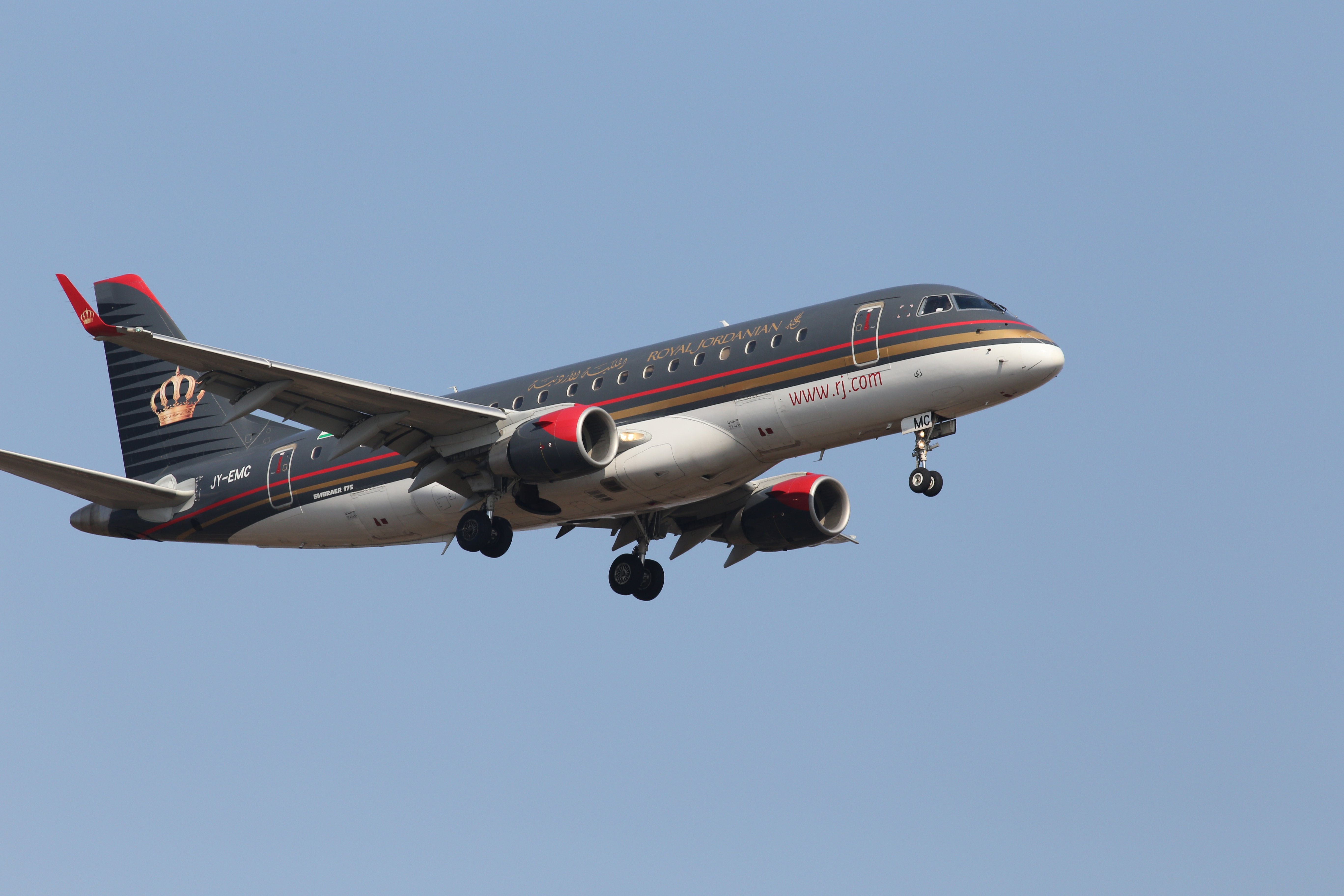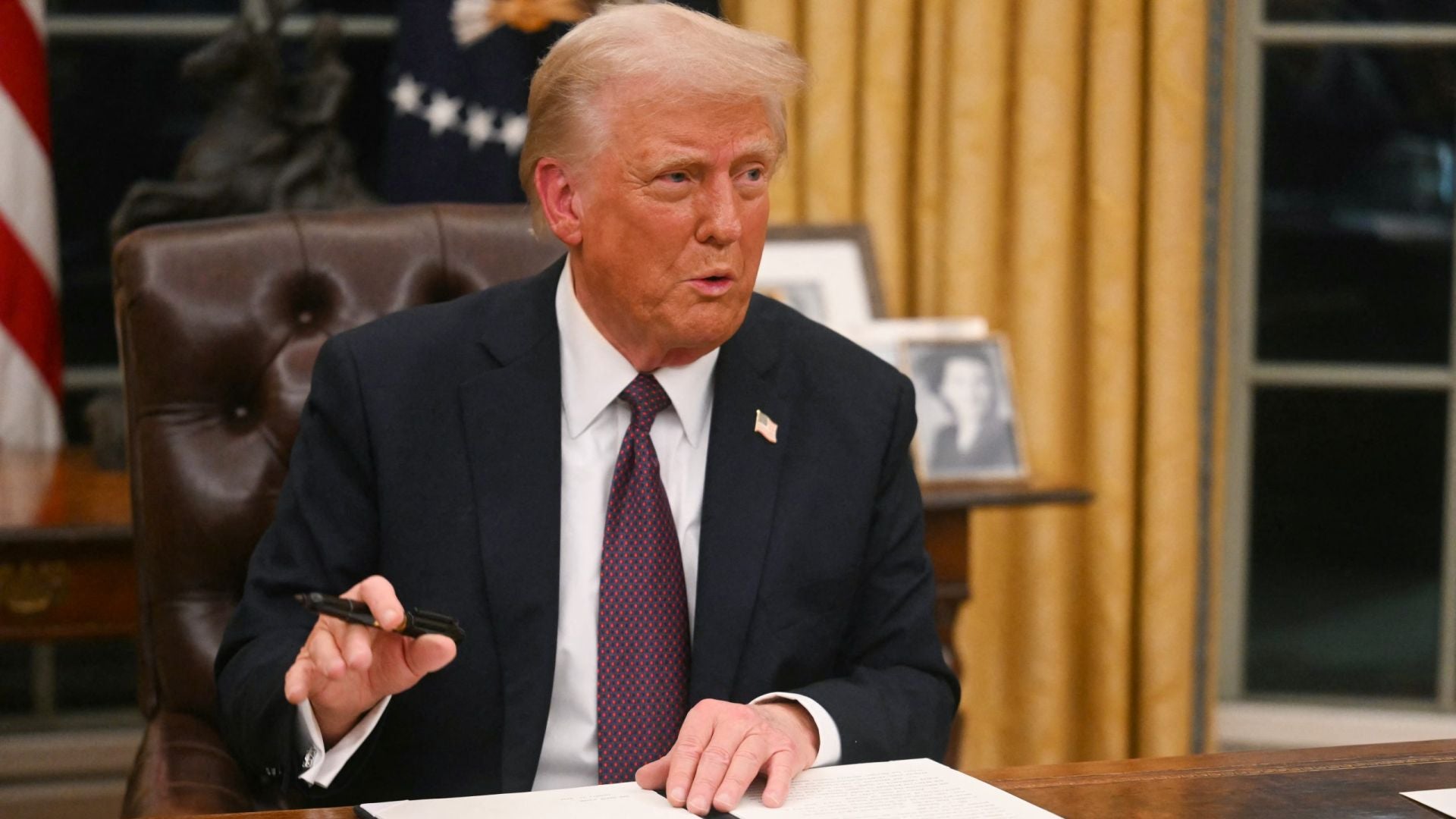
This article originally appeared on Time.
The Trump Administration is banning personal electronic devices larger than a cell phone on flights to the U.S. from 10 overseas airports, the Transportation Security Administration and Department of Homeland Security announced early Tuesday.
The government issued an Emergency Amendment/Security Directive to affected airports and airlines at 3 a.m. Tuesday, giving them 96 hours to ensure compliance. All passenger electronics larger than a smart phone will be required to be placed in checked baggage, the agencies announced. There is no impact on domestic flights or on flights originating from the U.S., officials said.
“Evaluated intelligence indicates that terrorist groups continue to target commercial aviation and are aggressively pursuing innovative methods to undertake their attacks, to include smuggling explosive devices in various consumer items,” a senior Administration official told reporters late Monday.
Officials refused to say whether the announcement was made regarding a specific threat, but indicated it came as part of a broader review of security measures. “As a matter of policy we don’t publicly discuss intelligence information,” the official said.
“The United States remains concerned about terrorist groups’ continued interest in targeting civil aviation,” another senior Administration official said.
The ban affects 10 airlines that fly direct service to the U.S. from Jordan, Egypt, Turkey, United Arab Emirates, Qatar, Saudi Arabia, Morocco and Kuwait.
The airports are Queen Alia International Airport (AMM), Cairo International Airport (CAI), Ataturk International Airport (IST), King Abdul-Aziz International Airport (JED), King Khalid International Airport (RUH), Kuwait International Airport (KWI), Mohammed V Airport (CMN), Hamad International Airport (DOH), Dubai International Airport (DXB), and Abu Dhabi International Airport (AUH). Nine airlines are affected, including Emirates and Etihad.
Subscribe to our daily newsletter for the latest in hair, beauty, style and celebrity news.
The State Department has notified foreign governments of the restrictions, an official said.
The disruptive electronics ban, which will include laptops, tablets, e-readers, cameras, portable DVD players, and gaming devices larger than a smartphone, is not permanent, but nor is there a date for its expiration. Officials said they regularly reevaluate security concerns and would update the policy if warranted.
Officials pointed to the attempted 2016 downing of Daallo Airlines Flight 159, in which a suicide bomber tried to bring down a Somali airliner with what was believed to be a bomb concealed in a laptop. Egyptian officials also revealed in December that traces of explosives were found on the bodies of the passengers of EgyptAir Flight 804, which was downed last year.
Airlines that fly to the U.S. are subject to strict security requirements and must comply with TSA directives.







Officials said they coordinated with the FAA about the placement of additional lithium ion batteries in aircraft cargo holds and determined that the risk of a potential attack outweighed the potential risk of battery fire—an emerging FAA concern.
News of the ban first emerged on social media Monday in postings from Royal Jordanian Airlines, one of the affected carriers, though it mistakenly suggested that the restrictions would be imposed on flights originating from the U.S.
Notably the restrictions include Abu Dhabi International Airport, where U.S. Customs and Border Protection maintains a “preclearance” facility for U.S.-bound travelers. Officials said it was included out of an “abundance of caution.”






